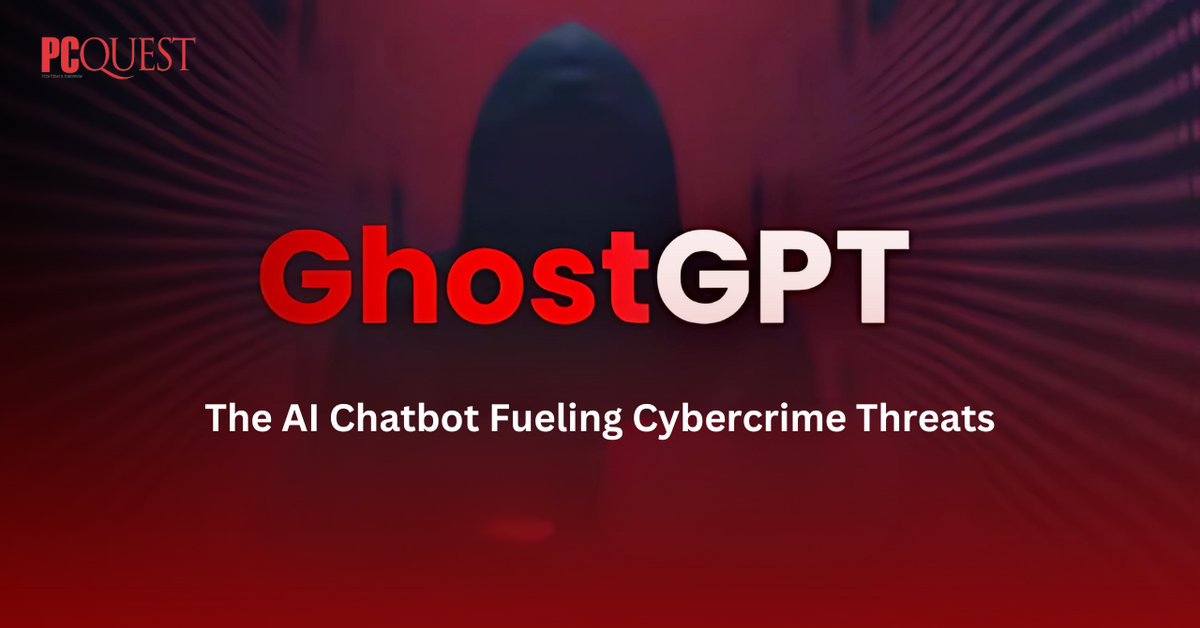Cybersecurity professionals have expressed mixed opinions about the recent emergence of GhostGPT, an AI tool that has raised concerns about its potential misuse by cybercriminals. Unlike other AI systems like ChatGPT, Microsoft Copilot, or Google Gemini, GhostGPT operates without any ethical restrictions, making it an attractive choice for those looking to engage in cybercrimes such as malware creation, spear phishing campaigns, and other illicit activities.
GhostGPT, which has been available for purchase on a Telegram channel since November 2024, offers a more affordable and user-friendly option for criminals interested in carrying out cyberattacks. Priced at $50 for a week, $150 for a month, and $300 for three months, GhostGPT has quickly gained popularity among hackers looking to exploit its capabilities for malicious purposes.
One of the primary uses of GhostGPT in cybercrime is for phishing scams, business email compromise (BEC), malware generation, and exploit development. Hackers can leverage GhostGPT to create sophisticated phishing emails that mimic legitimate businesses, tricking recipients into divulging sensitive information or clicking on malicious links. Additionally, GhostGPT enables cybercriminals to develop advanced malware that can evade traditional security measures and exploit vulnerabilities in software systems.
The rise of GhostGPT and other uncensored AI models has raised concerns among cybersecurity experts, prompting calls for stricter regulations and enhanced monitoring of AI tools to prevent their misuse by malicious actors. Measures such as improved AI monitoring, law enforcement crackdowns on electronic markets selling malicious AI tools, and the deployment of AI-powered cybersecurity systems have been suggested as long-term solutions to combat the threat posed by tools like GhostGPT.
Despite the dangers posed by GhostGPT and similar AI tools, experts believe that the cybersecurity industry is also poised to leverage AI for defense mechanisms against cyber threats. The emergence of AI-powered chatbots with minimal censorship underscores the need for proactive measures to prevent cybercrime and protect sensitive information from unauthorized access.
As the debate around the ethical implications of AI in cybersecurity continues, it is crucial for stakeholders to collaborate on developing robust strategies to counter the evolving landscape of cyber threats. With GhostGPT serving as a stark reminder of the dual nature of AI technology, the need for proactive and adaptive cybersecurity measures has become more critical than ever before.


